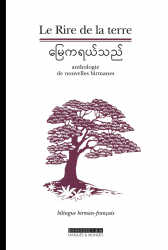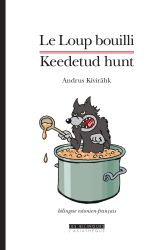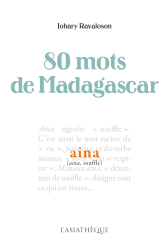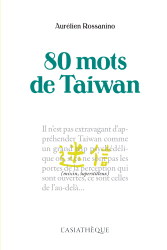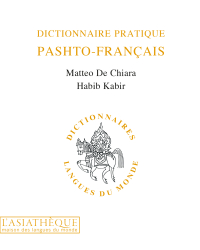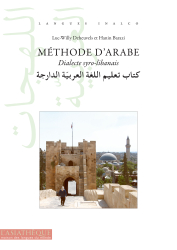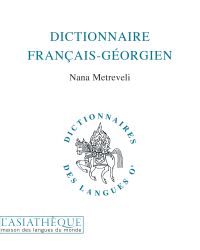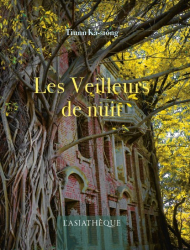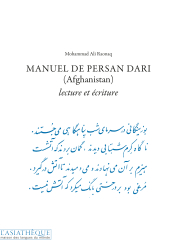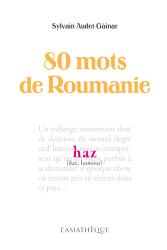Çeing Phé Mying
Çeing Phé, known as “Çeing Phé Mying”, was born in 1914 in Boudeling (Budalin) and died in 1978. He studied law at the University of Calcutta, where he also learned Pali. Delegate in 1936 to the Indian National Congress, in 1939 he participated in a mission to China. During the war, he acted as a liaison between the Allies in India and the Burmese resistance. After the war, he took an active part in political life: he was a member of the Anti-Fascist League until 1945, officially took part in several Burmese missions: in China, in England, in Cairo. After a passage in the Communist Party, which he left, he founded, in 1952, the “People's Unity Party” of which he was the general secretary until 1959, then he was one of the leaders of the “People's Comrade Party”; from 1956 to 1961 he sat as a member of Parliament; under the Né Wing government, he remained very involved in political life through his writings, demonstrating his fidelity to the “Burmese Way of Socialism”. His role in the Burmese literary world was very important: as a writer, of course, but also as president of the Association of Writers (1956-1958) then as its vice-president (1961) and as editor of a periodical: Bôtethaung. He was, moreover, the ambassador of burmese culture abroad: influential member or leader of cultural associations such as the “Soviet-Burma Cultural Association”, he was part of a delegation of Burma writers in China, in Japan and North Vietnam in 1961. His literary career began with the novel "The Bonze up-to-date" in which he denounced the worldliness of certain bonzes; the reaction was violent and the book's success in bookstores was considerable. He continued to publish, always caustic, emphasizing without complacency the faults of men and especially of societies, but at the same time warm and passionate under the humor of the line. In his long autobiographical novel "As the Sun Rises in the East" and in his travelogues, historical interest is added to literary value. Most of his very numerous short stories, first published in reviews, were then collected in a anthologies. Throughout his work he has fought against corruption, hypocrisy and injustice which he described with a sort of false candor.
